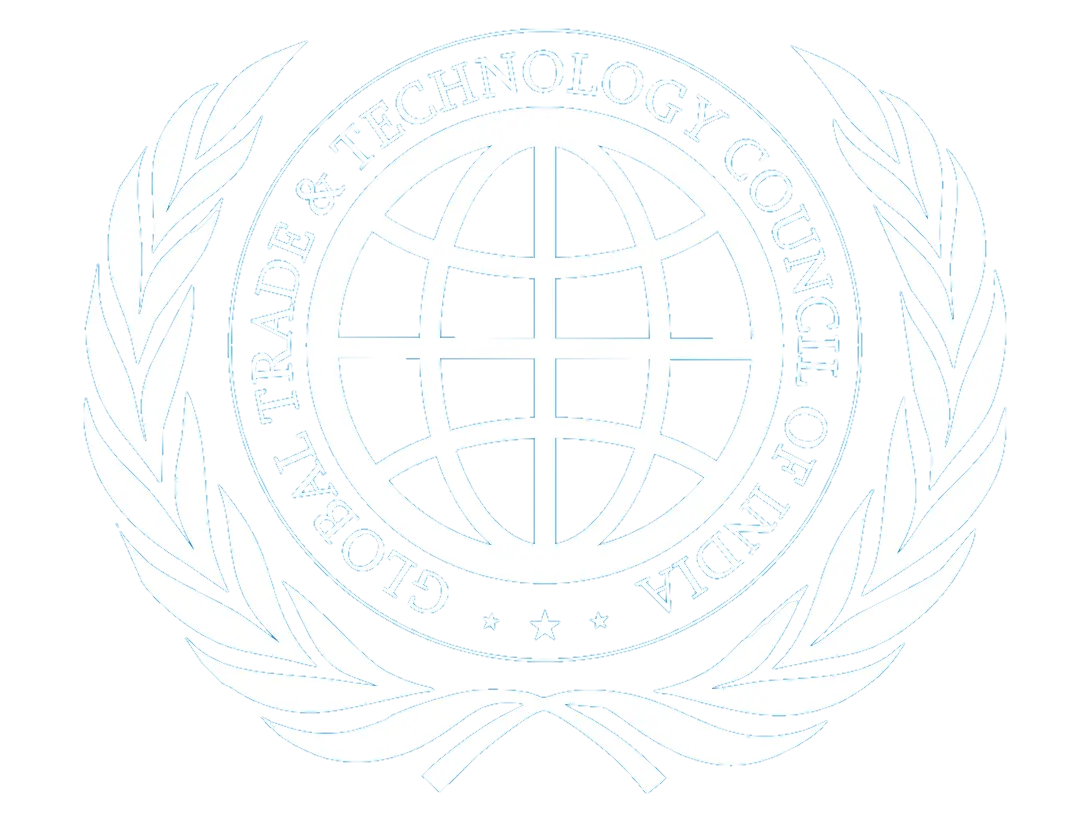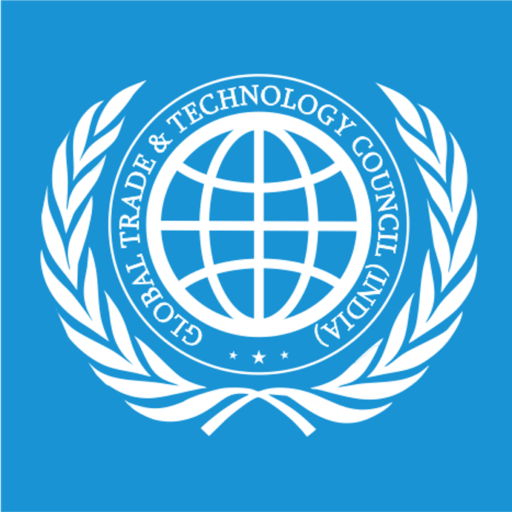On 19th June 2025, at the St. Petersburg International Economic Forum (SPIEF) held in St. Petersburg, Russia, Dr. Rashmi Saluja, Chairperson of the Global Trade and Technology Council of India (GTTCI), delivered a compelling address during the high-level session titled “Women’s Contribution to Technological Development and Innovation for a Healthy Society.” Her thought-provoking remarks spotlighted the shared socio-economic fabric of India and Russia and placed women’s contributions at the center of national and global advancement.
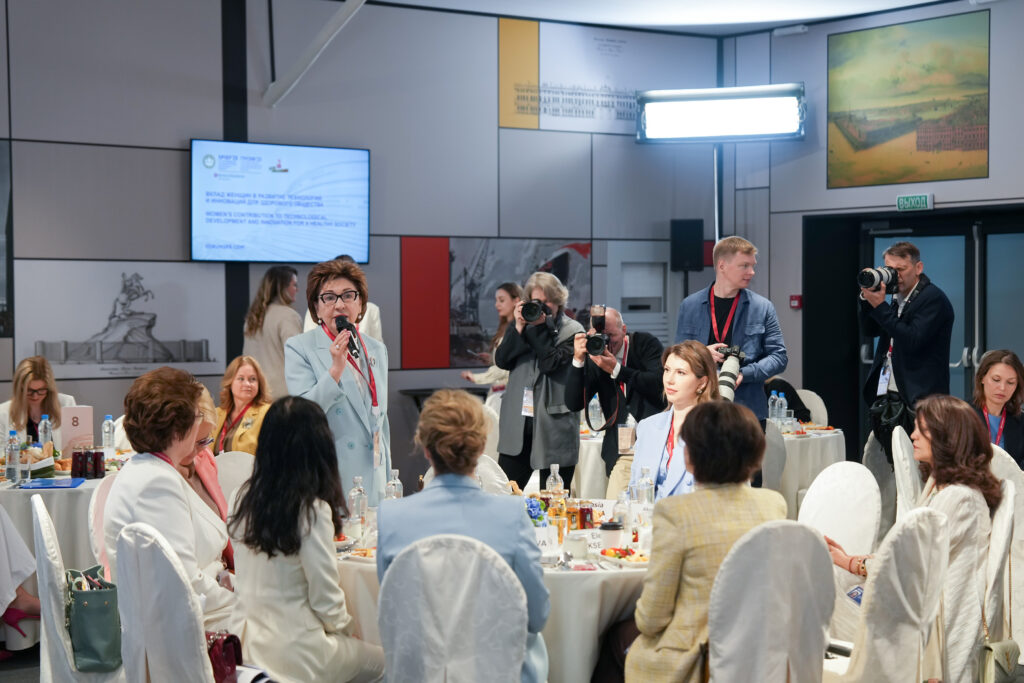
Recognizing Common Ground Between India and Russia
Dr. Saluja highlighted the structural similarities between the Indian and Russian economies, emphasizing their strong foundation in traditional households where women play a pivotal role. These domestic economies, she observed, act as invisible yet immensely powerful stabilizers during global economic disruptions.
“In both India and Russia,” she stated, “women form the silent backbone of our economies. Their contribution may be undocumented in formal economic terms, but it is irrefutable in impact.”
She cited how India, time and again, has weathered major global financial crises thanks to the resilience of its household economy, largely run by homemakers and self-driven women who manage resources with unmatched precision and endurance.

Women: From Deities to Developers
Dr. Saluja eloquently connected cultural reverence to modern empowerment, noting that in India, women are worshipped as goddesses—embodiments of wisdom, power, and prosperity. This reverence, she said, is not merely symbolic but must translate into enabling women to lead from the front in science, innovation, and governance.
She envisioned a powerful Indo-Russian partnership that not only builds bilateral trade and technological cooperation but also sets an example globally on how to centre women in development narratives.
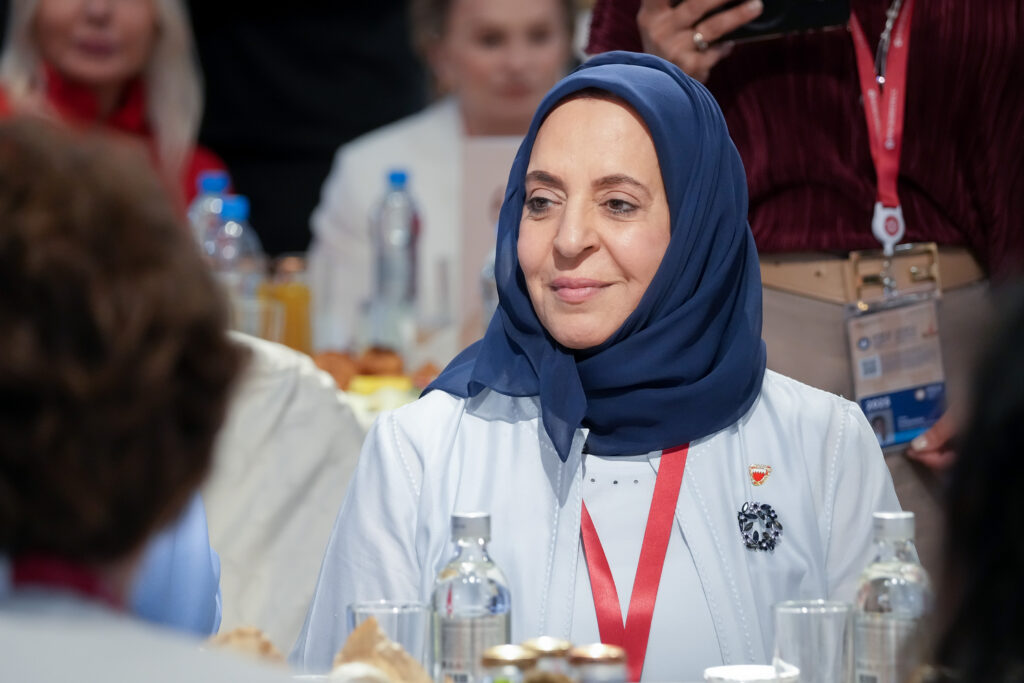
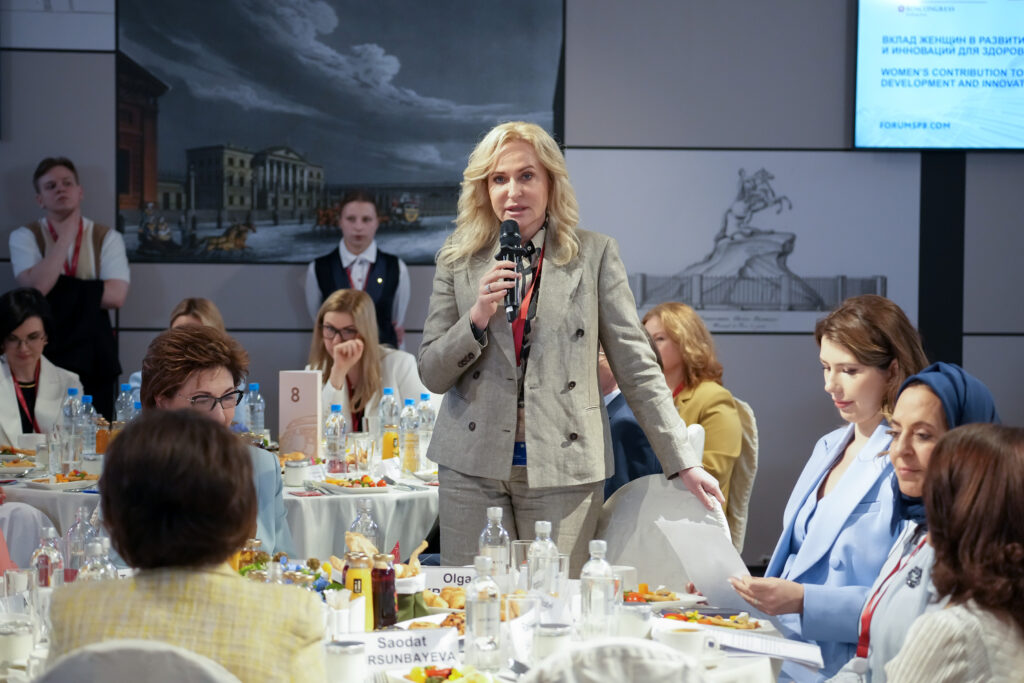
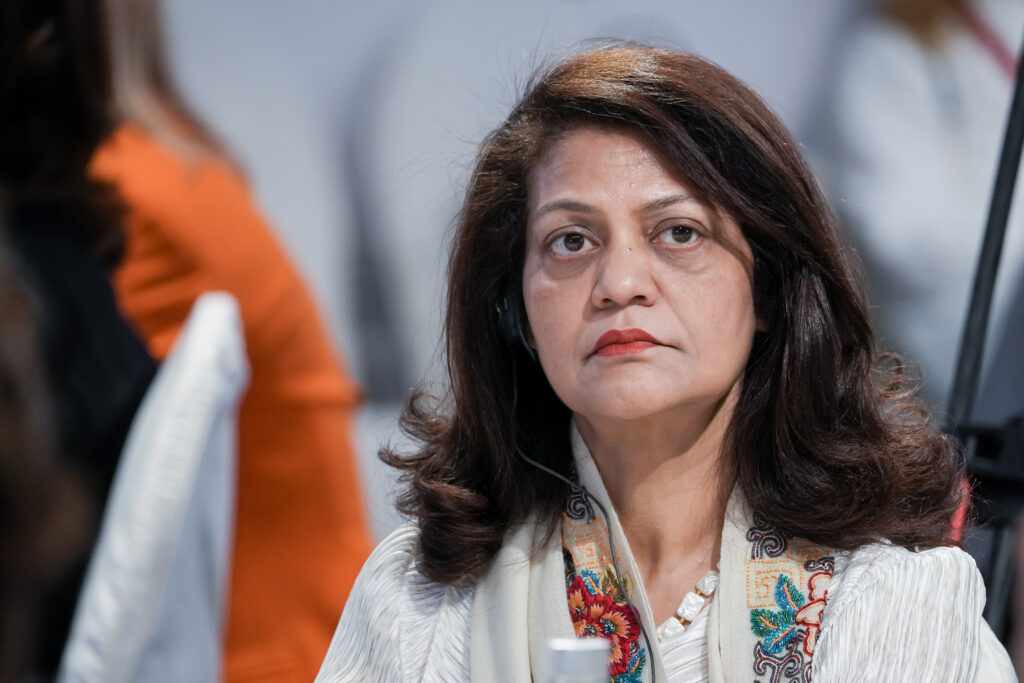
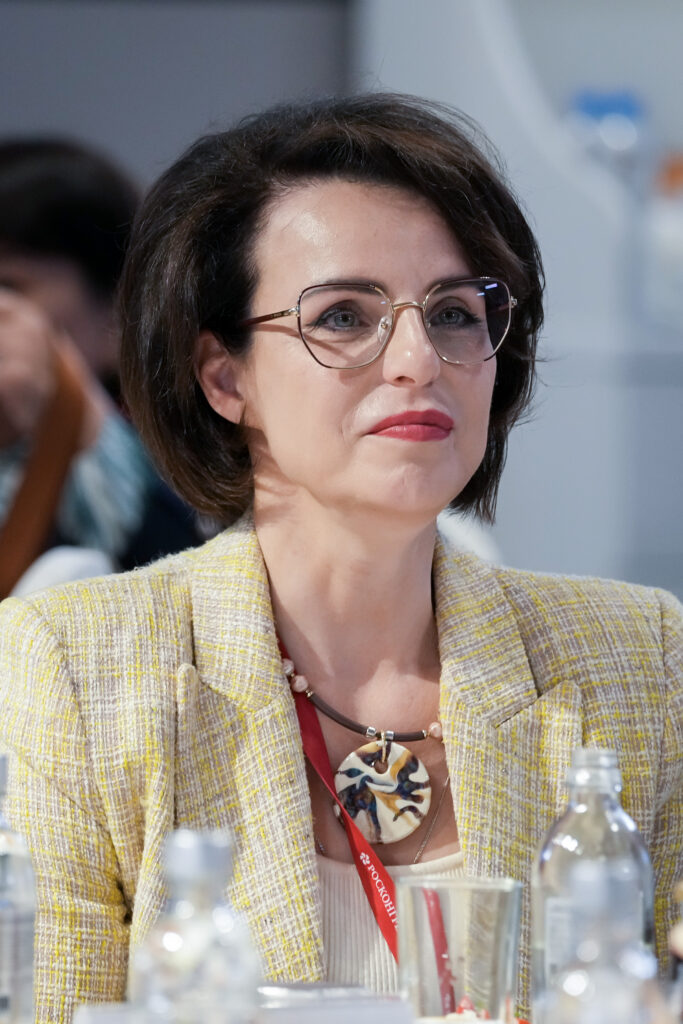
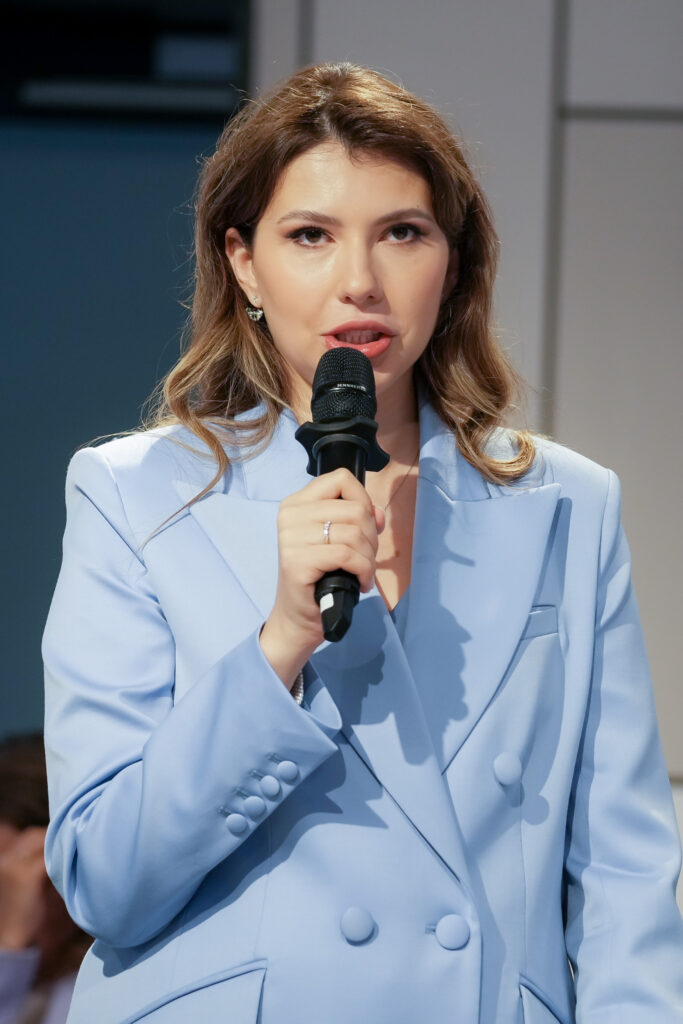
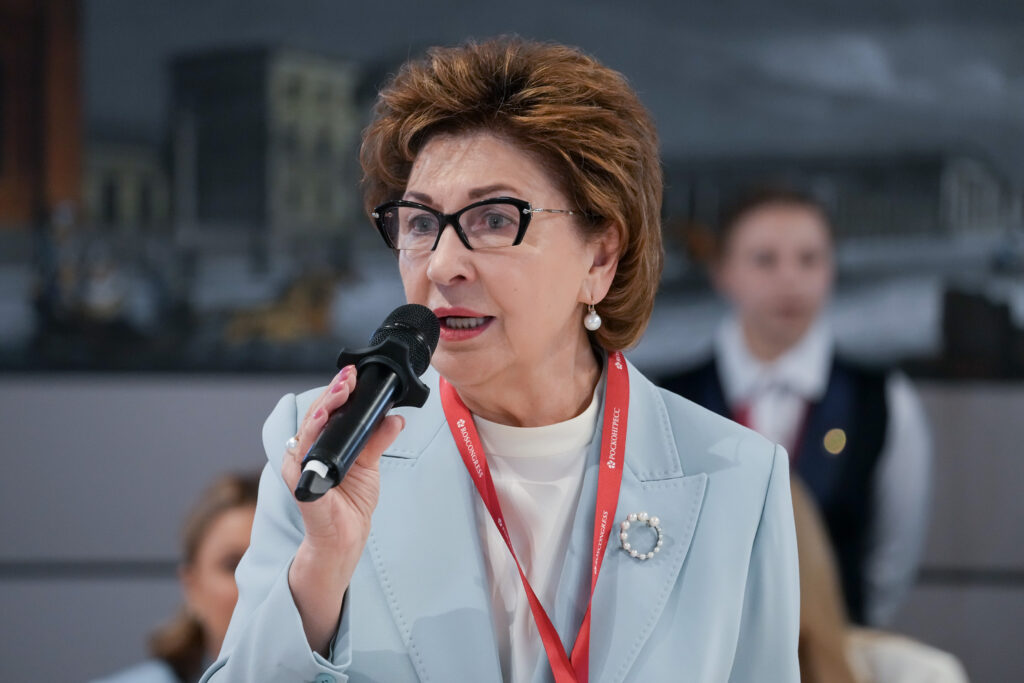
Pioneers of Innovation in Healthcare
The Chairperson went on to speak about how women across the Global South, especially in India, are pioneering healthcare innovation—leading digital health startups, driving AI-based diagnostics, and introducing accessible maternal care technologies in rural areas.
“At GTTCI, we are witnessing how women are no longer just users of technology—they are its architects and champions,” she shared.
Dr. Saluja also emphasized the transformative impact of female leadership in shaping inclusive healthcare systems and influencing public policy to ensure access, affordability, and empathy.
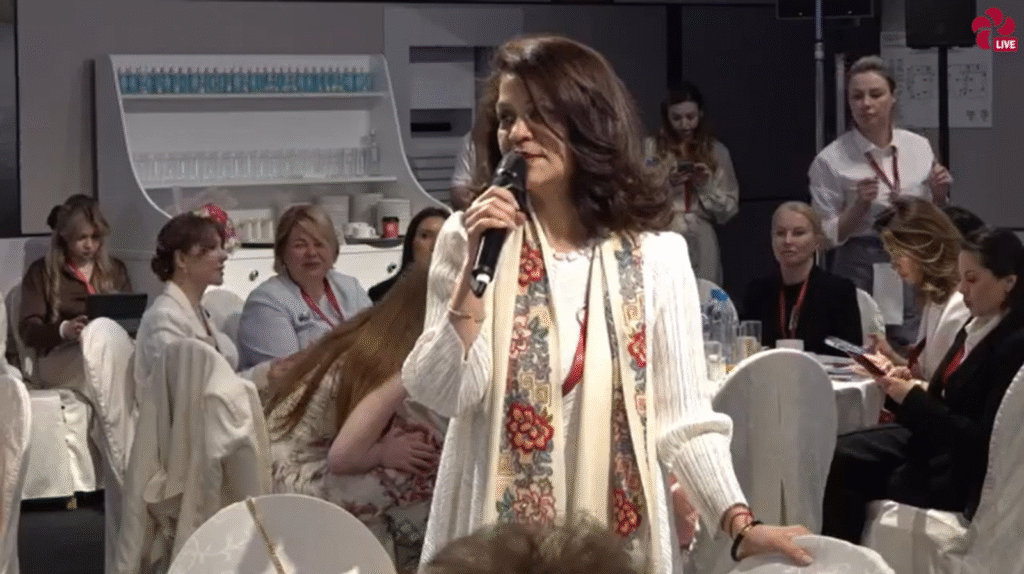
Towards a Global Sisterhood of Innovation
In her concluding remarks, Dr. Saluja underscored the importance of global cooperation in achieving healthy, inclusive societies. She reiterated GTTCI’s commitment to serving as a catalyst for knowledge exchange and joint innovation between India, Russia, and emerging economies.
“Let us invest in women—not just as caregivers, but as leaders, scientists, innovators, and policymakers,” she said. “A healthy society begins with empowered women at its core.”
Dr. Saluja’s voice at SPIEF 2025 was a timely and powerful reminder that when nations invest in their women, they do not merely uplift a demographic—they fortify the future.
